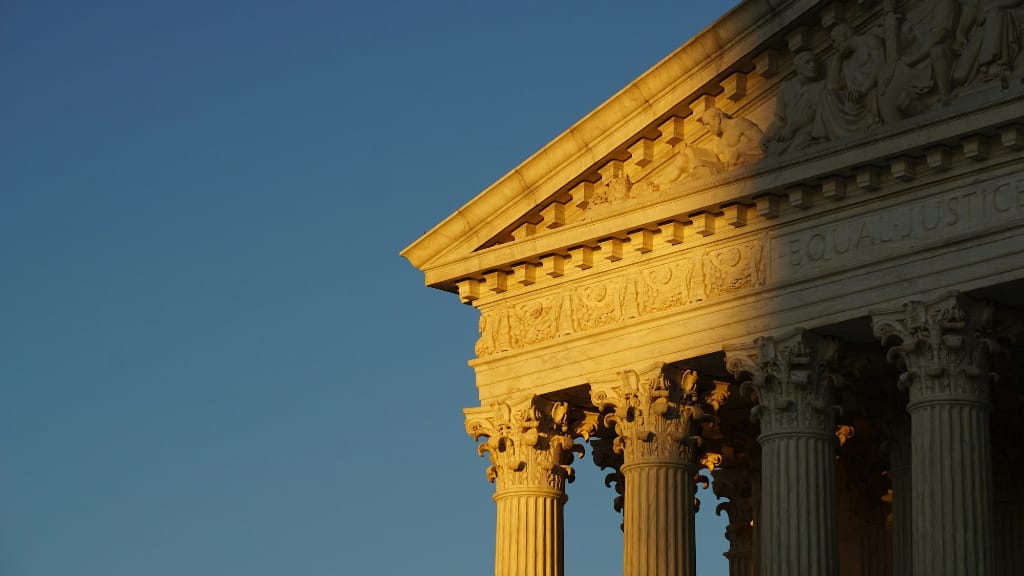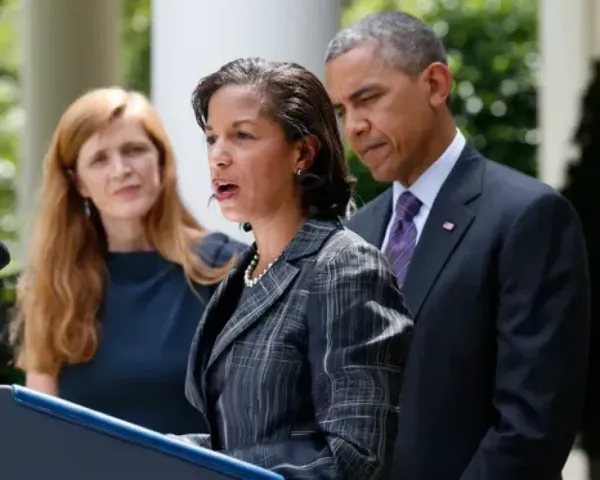Consumers’ Research Asks Supreme Court to Review USF Challenges
A recent Fifth Circuit decision conflicts with other federal court rulings, making a Supreme Court review likely.
Jake Neenan

WASHINGTON, August 6, 2024 – The Supreme Court declined in June to weigh in on two federal court decisions upholding the Federal Communications Commission’s Universal Service Fund. After a rehearing at the Fifth Circuit went the other way last month, the conservative nonprofit that challenged the fund is asking the high court to reconsider.
“Given this development, the court should grant rehearing and grant the petitions for writs of certiorari” in the two other cases, challenger Consumers’ Research wrote in a July 25 supplemental brief, “as a new circuit split is a textbook example of” a situation where the Supreme Court usually intervenes.
The FCC, which oversees the annual $8 billion broadband subsidy program, has also signaled intent to appeal the Fifth Circuit decision. FCC Chairwoman Jessica Rosenworcel said the agency will “pursue all available avenues for review.”
Funded by fees on interstate voice revenues, the USF buoys four subsidy programs that provide internet discounts for schools, libraries, and healthcare centers, as well as support for rural broadband infrastructure. It’s managed by the Universal Service Administrative Company, a separate entity the FCC stood up to manage the fund.
Consumers’ Research argued in each of the three cases, plus another that was dismissed in the D.C. Circuit, that Congress did not provide enough of an “intelligible principle” in the 1996 Telecommunications Act for the agency to follow in managing the fund and that the FCC improperly delegated its authority to USAC.
The Fifth Circuit didn’t rule on either question specifically, but found that the combination of the two factors violated the constitution by putting the ability to collect a tax outside the legislative branch.
The decision remanded to the agency a proceeding in which Consumers’ Research asked the agency to review a quarterly contribution factor, the percent of interstate voice revenues telecom providers will pay into the fund. In the meantime, an FCC official said the USF will operate as normal.
“We’re taking a very close look and taking it seriously, but nothing in our day-to-day has changed,” Elizabeth Cuttner, one of Rosenworcel’s legal advisors, said last week.











Member discussion